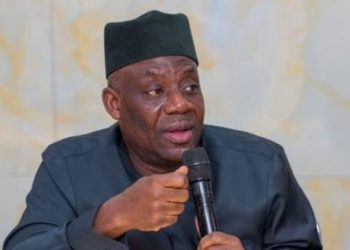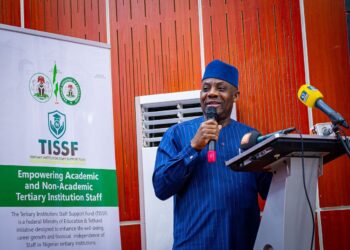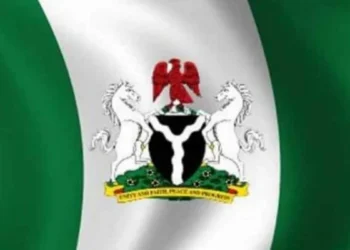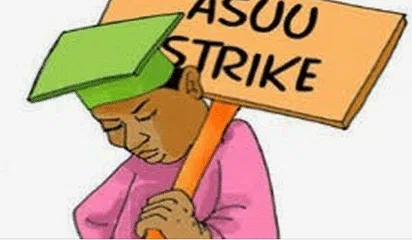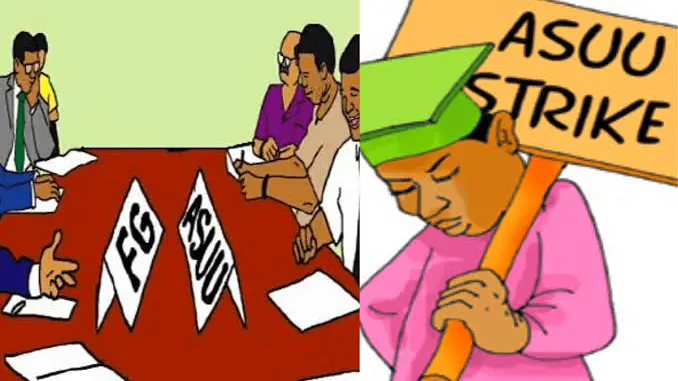The Nigeria Labour Congress is holding high-level discussions with leadership of major academic unions at its headquarters in Abuja, seeking to resolve the ongoing nationwide strike that has crippled activities across public tertiary institutions.
The emergency meeting brings together representatives from the Academic Staff Union of Universities, the Senior Staff Association of Nigerian Universities, the Academic Staff Union of Polytechnics, the Colleges of Education Academic Staff Union, and other tertiary institution unions. The gathering aims to chart a path forward in the protracted dispute between academic workers and the federal government.
The strike, which commenced on Sunday, October 12, was announced by ASUU National President Chris Piwuna during a briefing at the University of Abuja following the expiration of a 14-day ultimatum to the government. The union accused authorities of neglecting critical issues affecting staff welfare, infrastructure, salary arrears, and the long-standing 2009 ASUU-Federal Government agreement.
“Our demands remain the same, full implementation of the 2009 agreement, release of withheld three-and-a-half months salaries, sustainable funding for public universities, an end to victimisation of lecturers, settlement of promotion arrears, and payment of withheld cooperative and union deductions,” Piwuna stated during the strike announcement.
The Education Minister, Tunji Alausa, had previously indicated that negotiations were in their “final phase,” pointing to the release of ₦50 billion for earned academic allowances and ₦150 billion provisioned in the 2025 budget for university revitalisation projects. However, ASUU rejected these government measures as insufficient to address the unions’ comprehensive demands.
In its invitation letter to the participating unions, the NLC reaffirmed its solidarity with striking lecturers and other tertiary education workers. The congress condemned what it described as the federal government’s persistent failure to honor collective agreements with academic staff.
The NLC emphasized a fundamental principle in labor relations, warning that “the ‘No Pay, No Work’ principle must apply conversely, that government must not expect work without pay or fulfillment of obligations.” The statement underscored the congress’s position that the government cannot demand services while failing to meet its contractual responsibilities to workers.
The meeting comes as public universities and other tertiary institutions remain shut, affecting hundreds of thousands of students across the country. The disruption adds to Nigeria’s recurring cycle of academic strikes, which have repeatedly extended academic calendars and delayed graduation timelines for students.
The NLC’s intervention signals an escalation of labor solidarity with academic workers, potentially broadening the dispute beyond the education sector. The congress has historically mobilized wider labor action when it perceives systematic government violations of worker rights across multiple sectors.
The outcome of Monday’s meeting could determine whether the strike continues indefinitely or whether a framework for resolution emerges. Academic unions have maintained that they will not suspend industrial action until the government demonstrates concrete commitment to implementing agreed-upon terms.
The federal government has not issued an official response to the NLC’s involvement in the dispute, though the Ministry of Education has maintained that it remains committed to dialogue with the striking unions.


